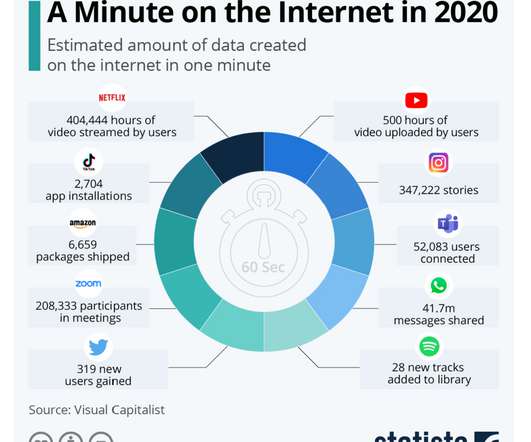Five benefits of a data catalog
IBM Big Data Hub
DECEMBER 16, 2022
Imagine walking into the largest library you’ve ever seen. Fortunately, the library has a computer at the front desk you can use to search its entire inventory by title, author, genre, and more. For example, data catalogs have evolved to deliver governance capabilities like managing data quality and data privacy and compliance.













Let's personalize your content